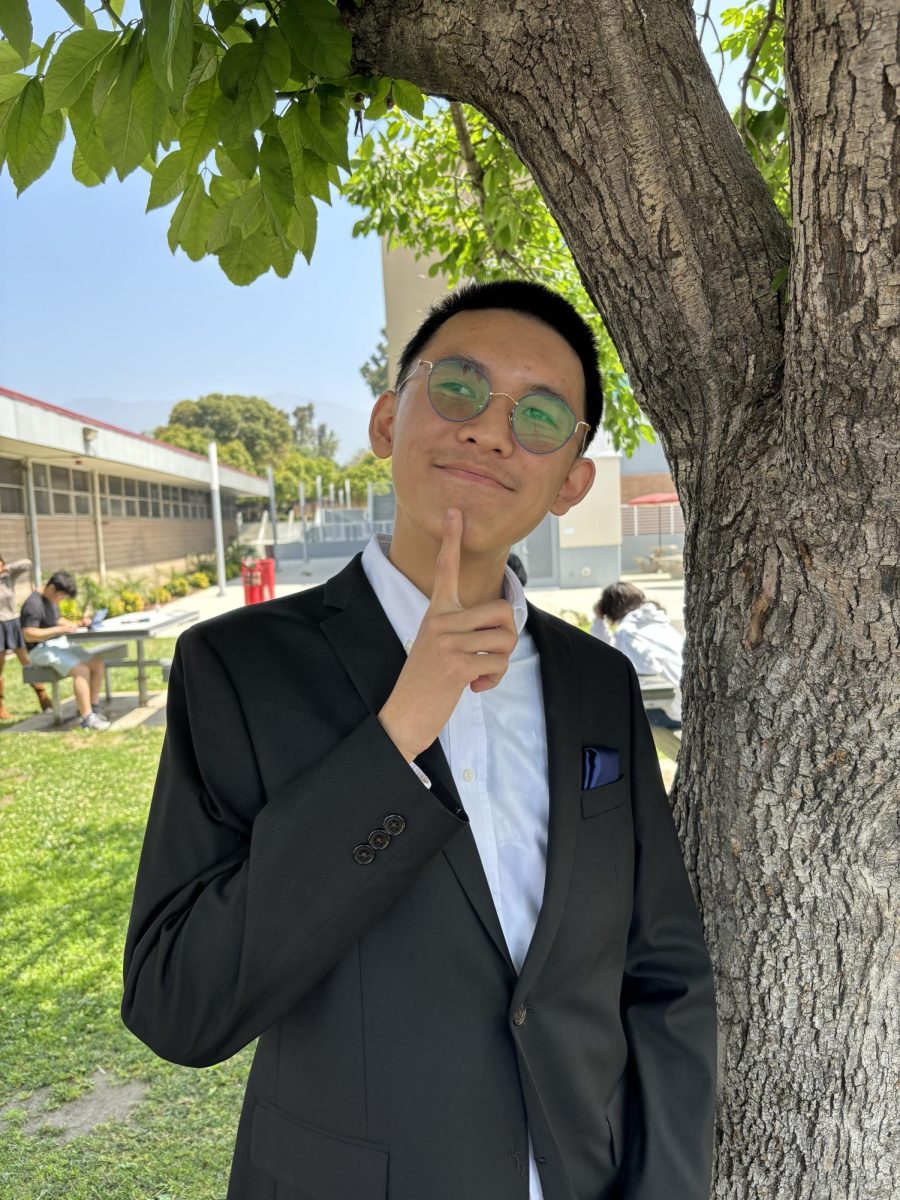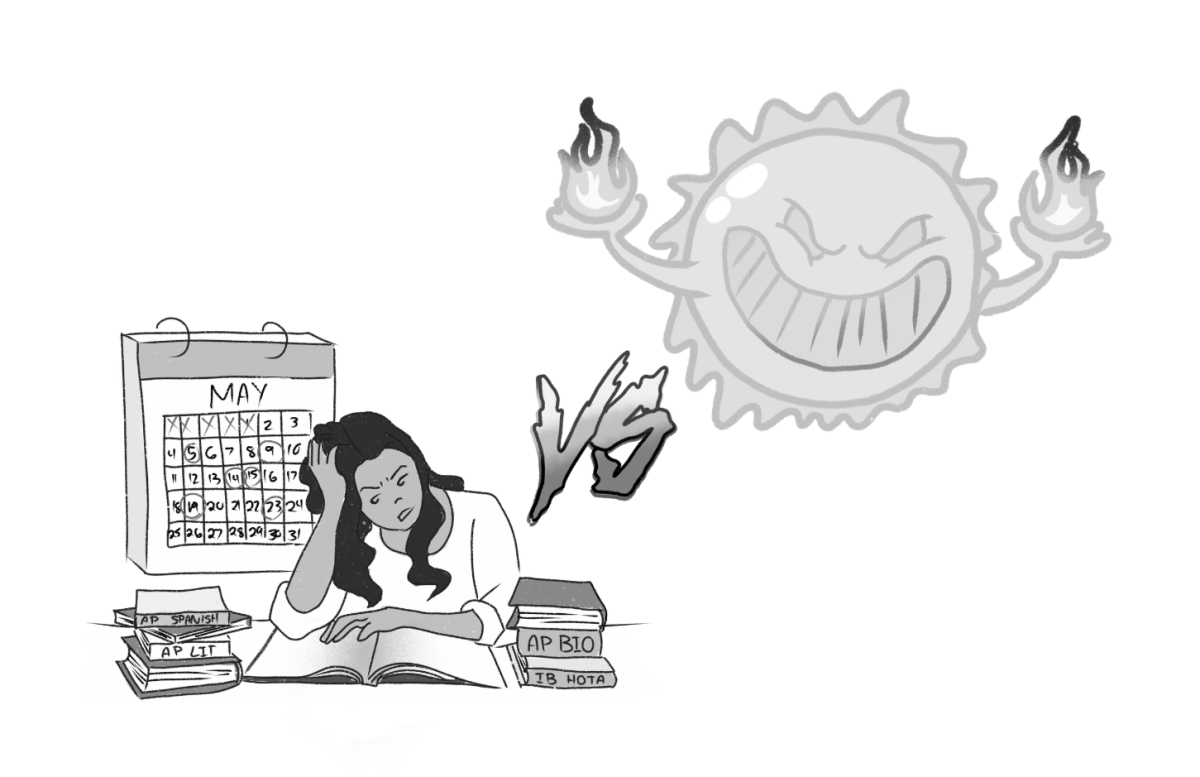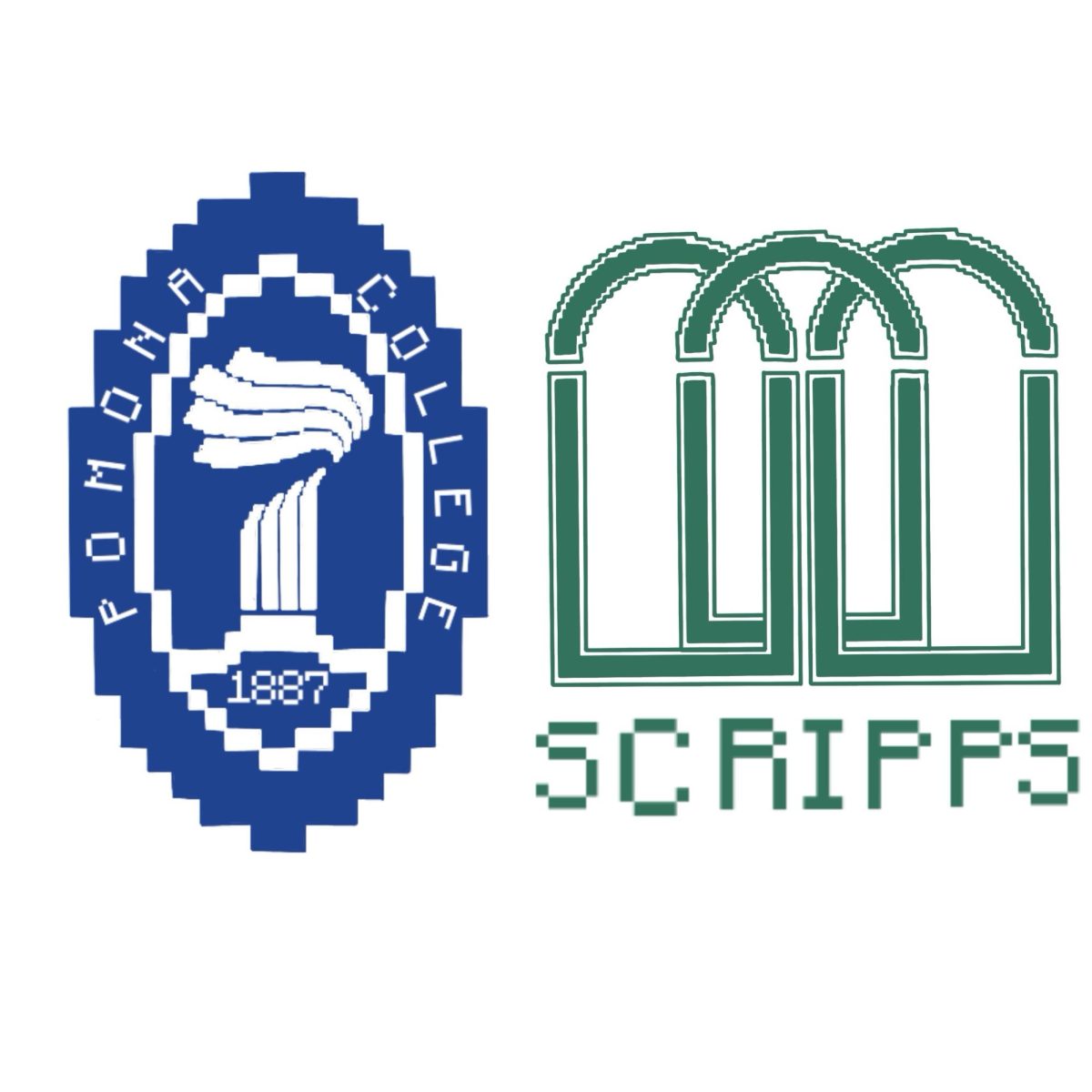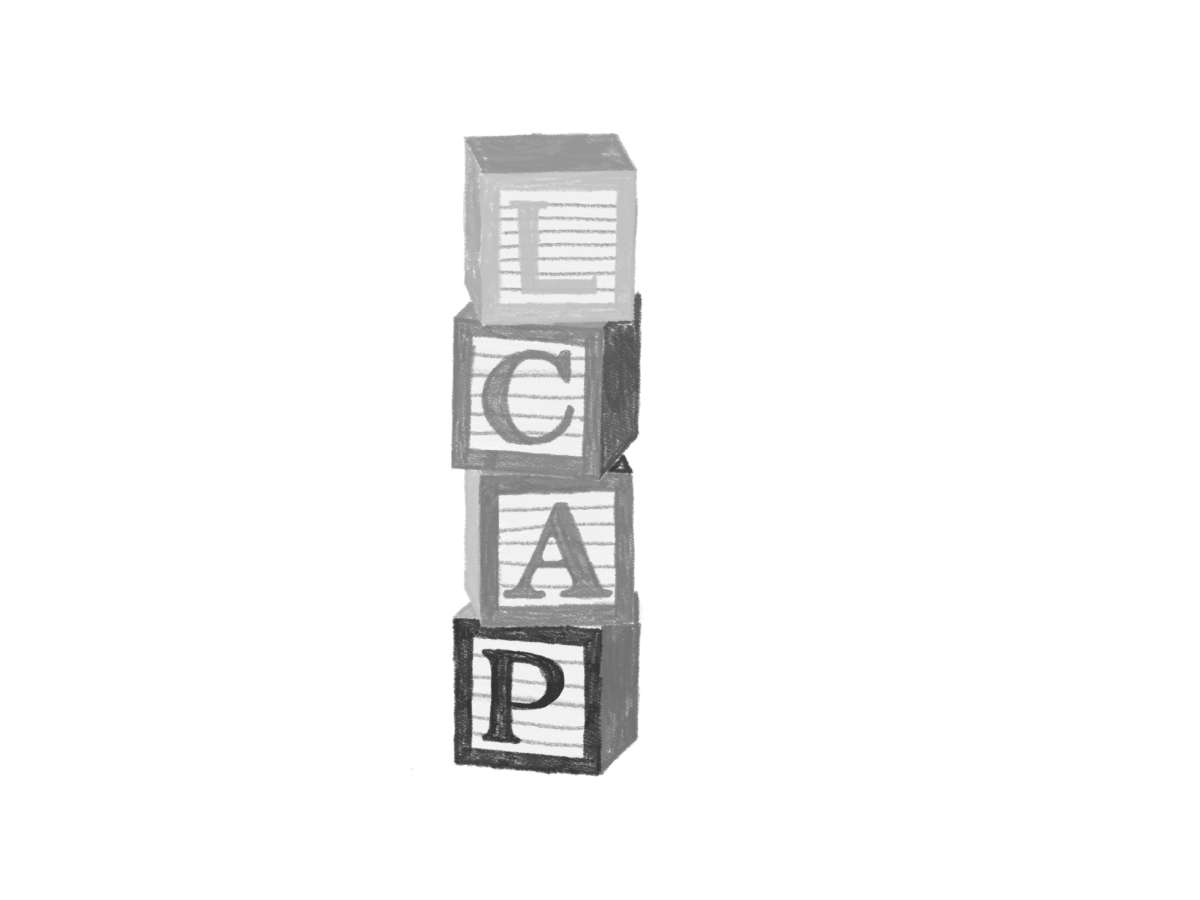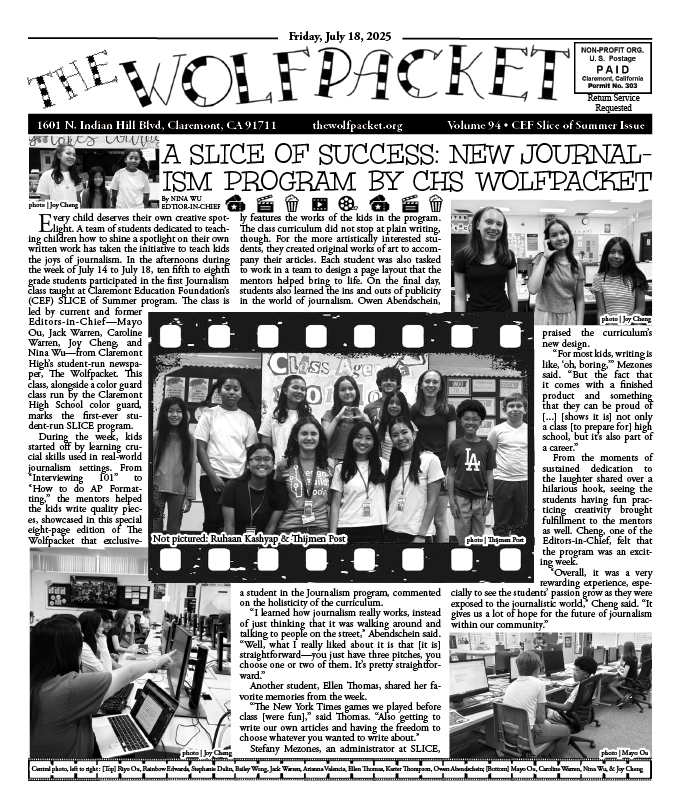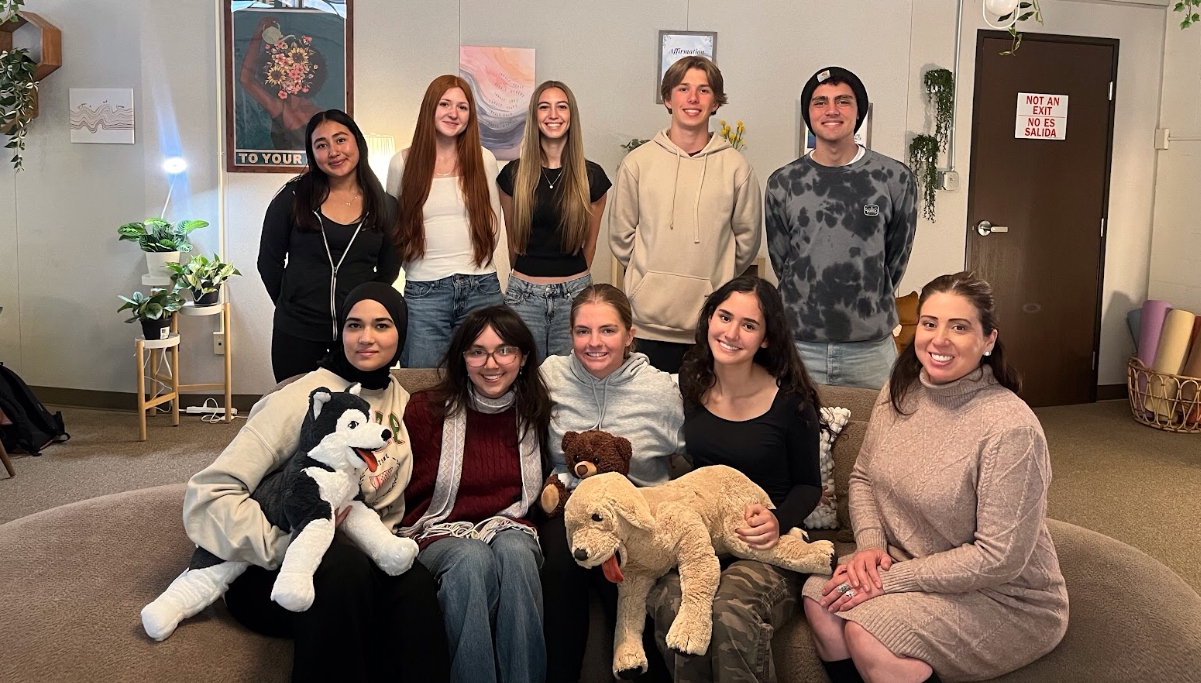This October, the Claremont City Council corrected a mix-up that members of Claremont’s Native American community have been working to sort out for more than a decade. The council members voted together to rename Cahuilla Park to “Joāt,” meaning “snowy mountain” in Gabrielino-Tongva, the language of the local Indigenous people. The mountain mentioned is now known as Mt. Baldy, and Claremont, which the Tongva originally called “Torojoatngna,” sits beneath it.
Back in 1963, Cahuilla Park was named to honor the Cahuilla Indians. The City Council believed that the Cahuilla tribe was the one who lived in the area but over the years, other information has come to light. In 2012, there was an effort to change the park’s name to better represent the Indigenous people. A community committee, including Al Villanueva, Marilee Scaff, Ginger Elliott, and Mark Acuna, originally decided that a name related to the local plants was more inclusive instead of a specific tribe. Other names were considered, including the names for sage, sycamore, and elderberry. After considering these submissions in 2012, the Community and Human Services Commission reviewed the idea of a name change, but rejected it. However, in the summer of 2020, amid the COVID-19 pandemic, the public asked the city council to reconsider renaming the park to honor the native inhabitants of Claremont. The city consulted experts in Native American culture and formed a committee.
By Fall of 2020, they had six Tongva names for the park, but it was narrowed down to “Kasili” (white sage), and “Hu’ utok Joāt” (Baldy view). The committee wanted a name that was both meaningful and easily recognizable. Ultimately, Villanueva suggested a shorter “Joāt,” and the commission decided to send both “Joāt” and “Kasili” to the city council for the final decision, for more community input. During public comment, the name “Joāt” Park was widely supported and experts confirmed its pronunciation.
Currently the city is working on changing the park’s signs, which is projected to cost around $3,500, and planning a ceremony to celebrate both the change and the recognition of a native culture.









